Aromatherapy for cold sores has gained considerable attention as a natural remedy for managing outbreaks caused by the herpes simplex virus. This therapeutic approach involves the use of essential oils known for their potential antiviral properties. While these oils are not a definitive cure, they can offer soothing relief and support healing when used correctly. Below, we explore how essential oils can help treat cold sores, the science behind their effects, and the best practices for their application.
Understanding Cold Sores and Their Causes
Cold sores, or fever blisters, are painful, fluid-filled lesions caused by the herpes simplex virus (HSV). The two main strains, herpes simplex virus type 1 (HSV-1) and type 2, can trigger outbreaks, often as a result of stress, weakened immunity, or environmental factors. These lesions can be unsightly and uncomfortable, prompting many to seek natural cold sore remedies.
The use of essential oils for cold sores has emerged as a popular option due to their potential antiviral activity. Certain oils, like peppermint oil, tea tree oil, and eucalyptus oil, have shown promise in addressing the symptoms and potentially limiting the spread of the virus.
Best Essential Oils for Cold Sores
1. Peppermint Oil
The effect of peppermint oil on cold sores has been widely discussed. Studies suggest that this oil exhibits a virucidal effect of peppermint oil on enveloped viruses like HSV. Applying peppermint oil on the enveloped viruses herpes simplex virus has been shown to inhibit replication. However, always dilute the oil with a gentler carrier oil, such as sweet almond oil or coconut oil, to avoid irritation.
2. Tea Tree Oil
Renowned for its antiviral properties, tea tree oil is another powerful natural product. It can help treat cold sores when diluted and applied to the affected area. Research indicates that the inhibitory effect of essential oils like tea tree can reduce the severity of outbreaks. Mix a few drops of essential oil with a gentler carrier oil to minimize irritation.
3. Eucalyptus Oil
Eucalyptus oil is another excellent choice, offering similar antiviral properties to tea tree oil. Studies highlight its potential to inhibit the herpes simplex virus plaque formation in vitro. For best results, blend eucalyptus oil with a carrier oil before application.
4. Thyme Oil
The antiviral activity of thyme oil makes it a valuable addition to your cold sore treatment arsenal. This oil is particularly effective against strains of herpes, including herpes simplex virus type 2.
5. Lavender Oil
Lavender oil is best known for its soothing properties, but it also possesses mild antiviral effects. It can reduce cold sore pain and promote healing when used as part of a diluted essential oil blend.
How Essential Oils Work on Cold Sores
The effectiveness of essential oils on herpes simplex virus lies in their ability to target enveloped viruses like HSV. When applied to the skin, certain oils can disrupt the virus’s outer layer, reducing its ability to replicate and spread. For instance, the oil on the enveloped viruses can weaken the protective barrier, making the virus more susceptible to the body’s immune response.
Using Essential Oils Safely
When using essential oils to treat cold sores, it’s crucial to follow these safety tips:
- Always dilute essential oils: Undiluted oils can irritate the skin, especially around sensitive areas like the lips. Combine 1-2 drops of oil with a carrier oil such as jojoba oil or almond oil in a ratio of 1:10.
- Apply the diluted oil gently: Use a cotton swab to apply the mixture directly to the blister, avoiding the surrounding skin to reduce irritation.
- Perform a patch test: Before regular use, test the diluted oil on a small area of skin to ensure no adverse reactions occur.
Scientific Backing for Aromatherapy
Recent studies have evaluated the effect of essential oils on HSV. For example, research on the virucidal effect of peppermint oil has shown promising results in laboratory settings (in vitro). Although the clinical use of these oils is still being studied, their antiviral effect offers a potential natural remedy for managing outbreaks.
The food and drug administration has not fully determined if the oil treatments are effective, but anecdotal evidence suggests significant benefits for some individuals.
Best Practices for Preventing Outbreaks
In addition to treating active lesions, aromatherapy can play a role in cold sore prevention. Regular use of essential oils for treating cold sores, combined with stress management and a healthy lifestyle, may reduce the frequency of outbreaks. Incorporating oils like lemon balm oil, which has specific antiviral properties, can be particularly beneficial for those prone to recurrent herpes.
Blending Essential Oils for Maximum Effect
Creating an essential oil blend can enhance the therapeutic effects of aromatherapy. For example:
- Combine lavender oil, thyme oil, and eucalyptus oil with a gentler carrier oil for a soothing, multi-faceted treatment.
- Mix coconut oil and peppermint oil for an added antiviral effect that hydrates and protects the skin.
These blends not only address the symptoms but also support overall skin health, making them a versatile addition to your home remedies for cold sores.
The Role of Natural Products in Cold Sore Remedies
Natural products like essential oils are a cornerstone of holistic health. Their use aligns with a growing preference for non-invasive, natural treatment methods. By leveraging the antiviral activity of these oils, individuals can take a proactive approach to managing symptoms caused by the herpes simplex virus.
Final Thoughts: Aromatherapy for Cold Sores
Aromatherapy for cold sores offers a promising avenue for those seeking home remedies for cold sores. While the effect on cold sores is limited to symptom management, the soothing and antiviral properties of certain oils provide valuable relief. Always ensure safe application practices, and consult a healthcare professional if symptoms persist or worsen.
The UV lamp for the face is your reliable assistant in the fight against age—related skin changes. With its help, you can easily and effectively take care of your skin. You can buy this device at the best price in our store.
Key Takeaways
- Essential oils can help treat cold sores through their antiviral properties.
- Always use a carrier oil to dilute potent oils like tea tree oil and peppermint oil.
- The best essential oils for cold sores include peppermint, tea tree, eucalyptus, and lavender oil.
- Regular use of oils like lemon balm oil can support cold sore prevention.
- Follow safe application practices, including patch tests and proper dilution ratios.
By incorporating these natural remedies into your routine, you can better manage outbreaks and promote faster healing. Aromatherapy is not just about treatment—it’s about embracing a holistic approach to well-being.

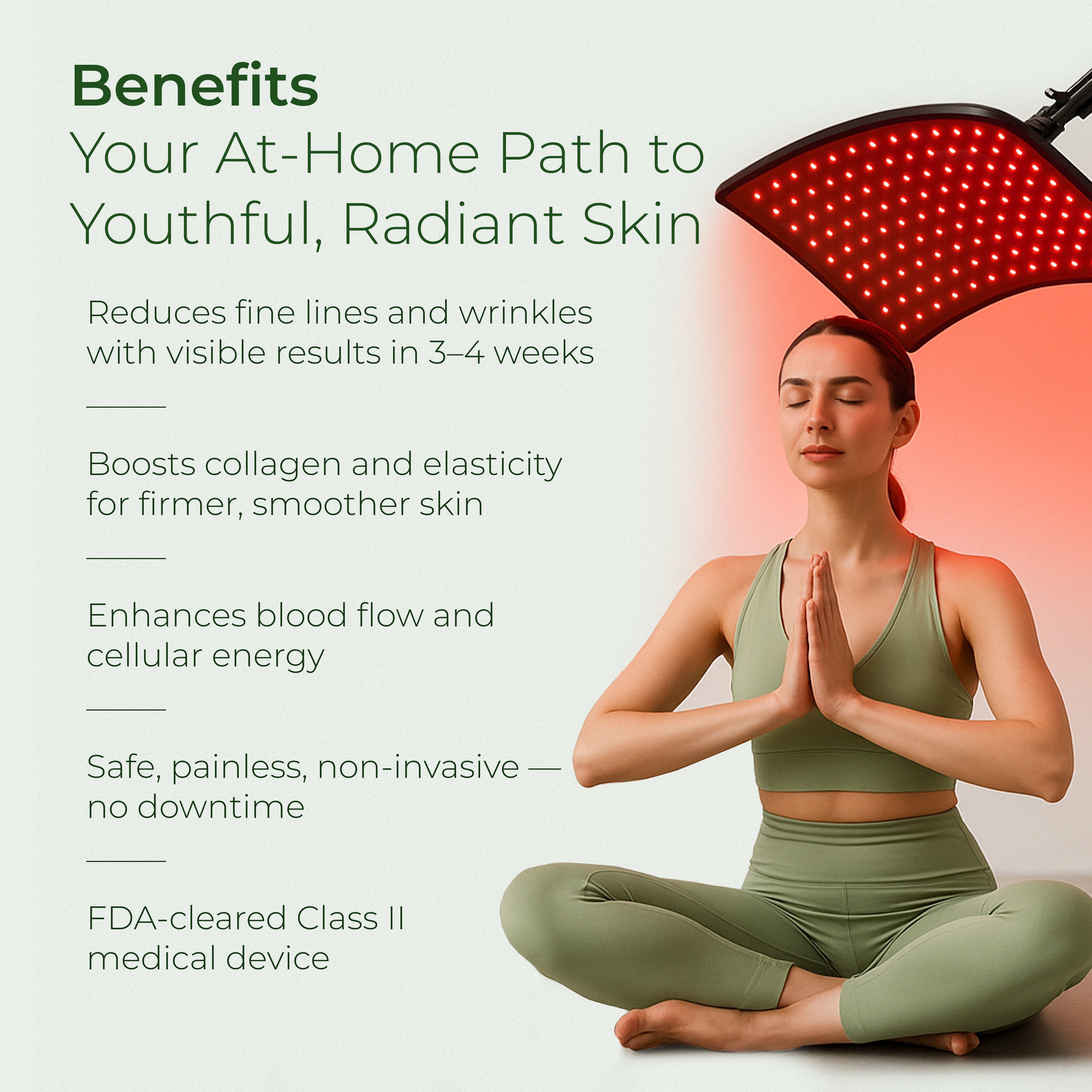

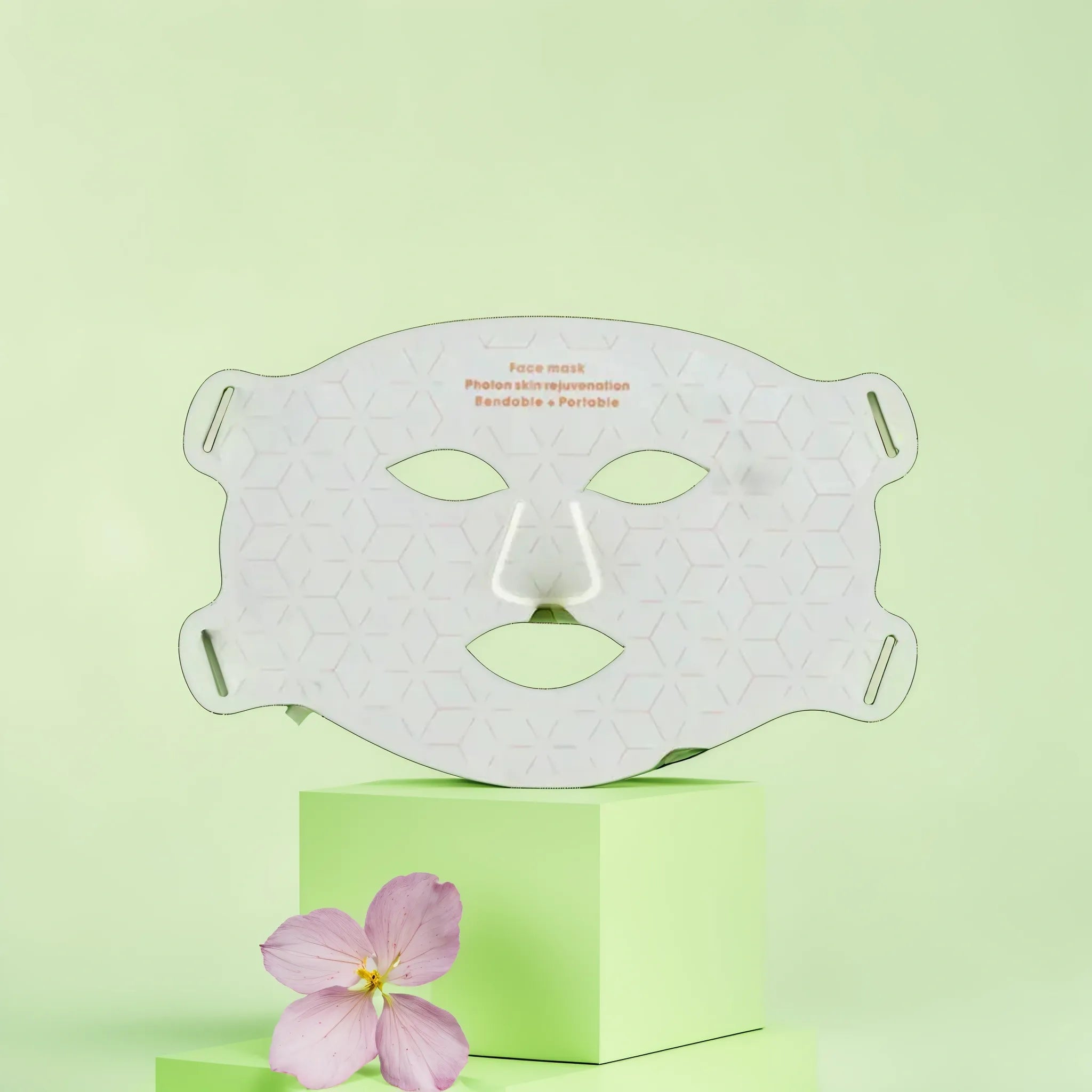
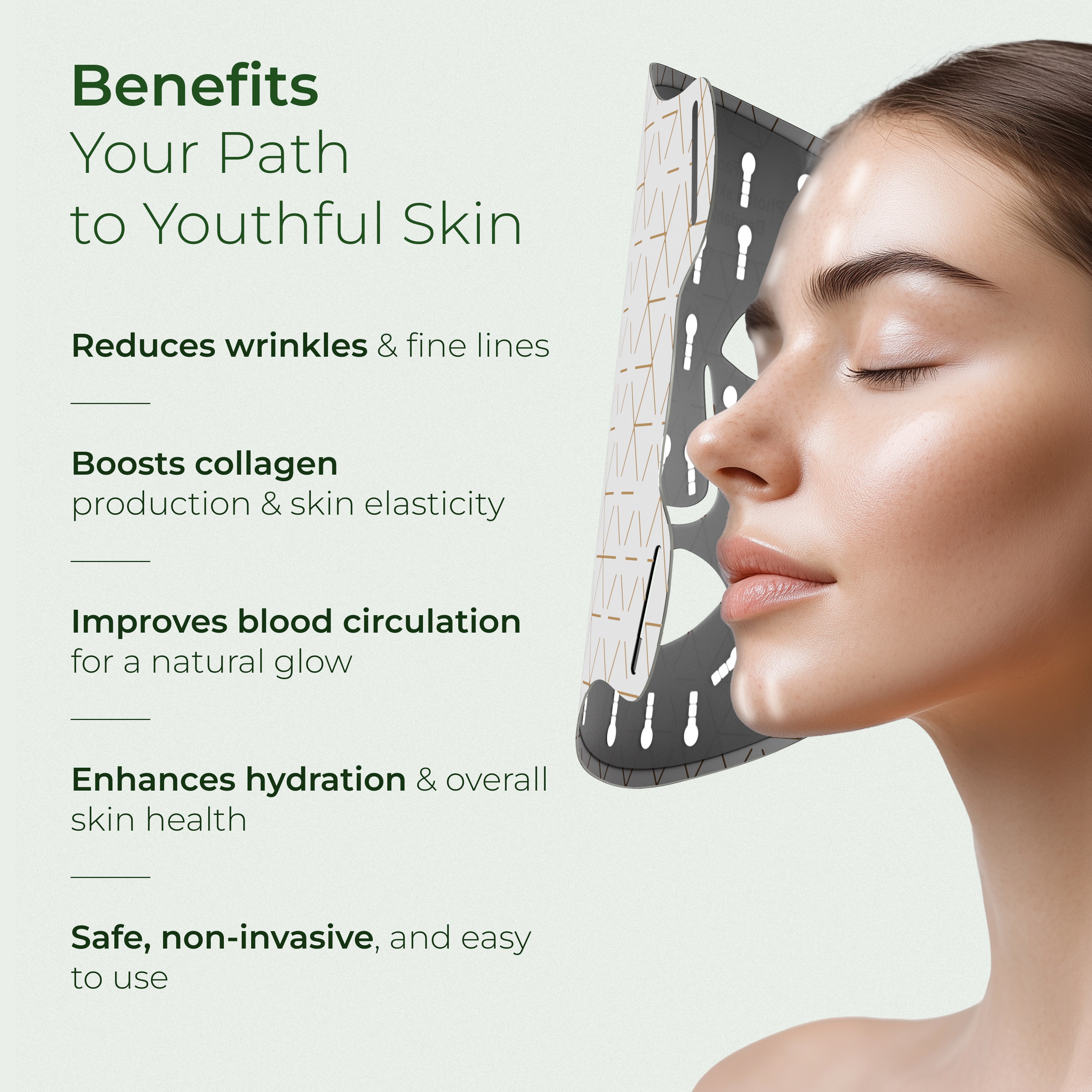



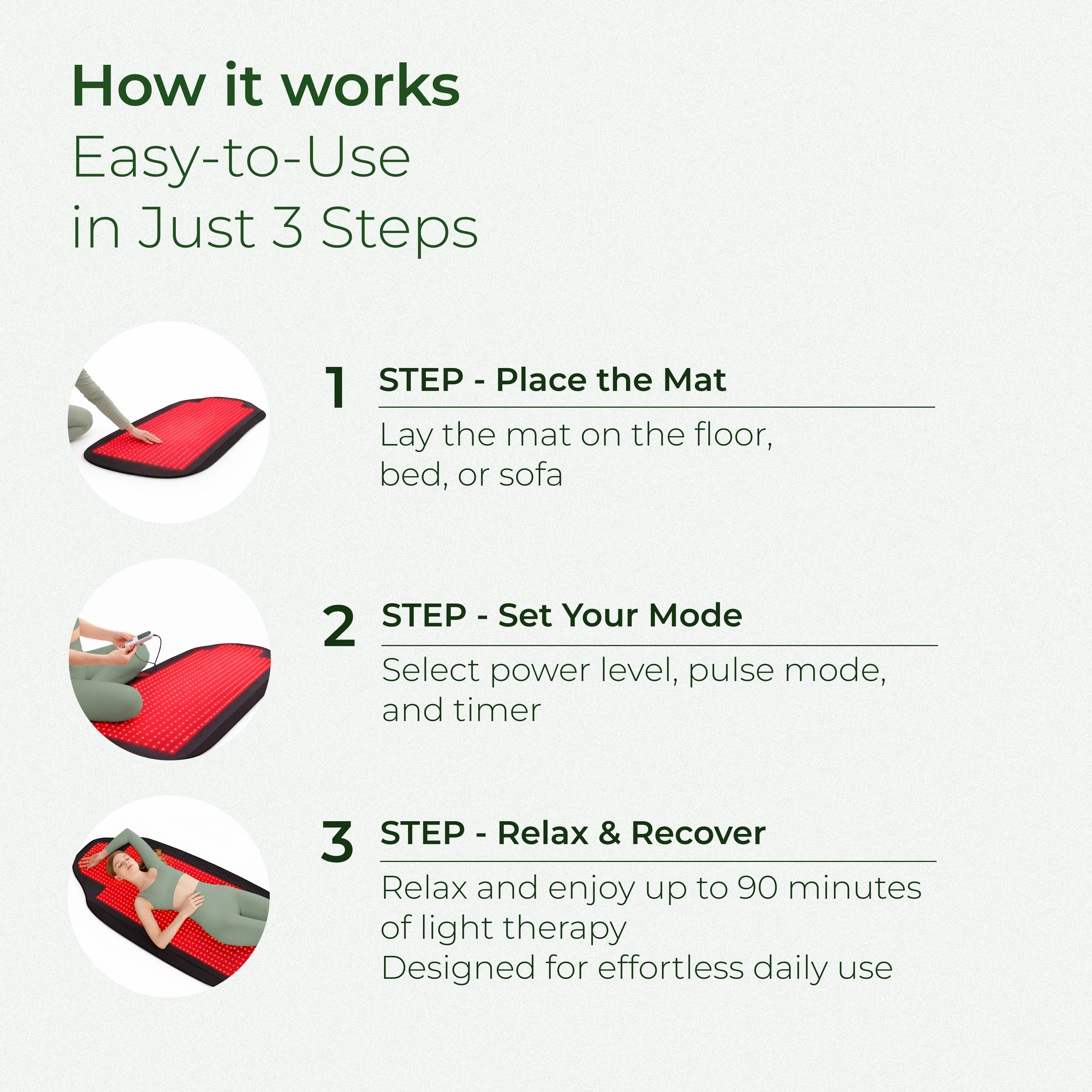
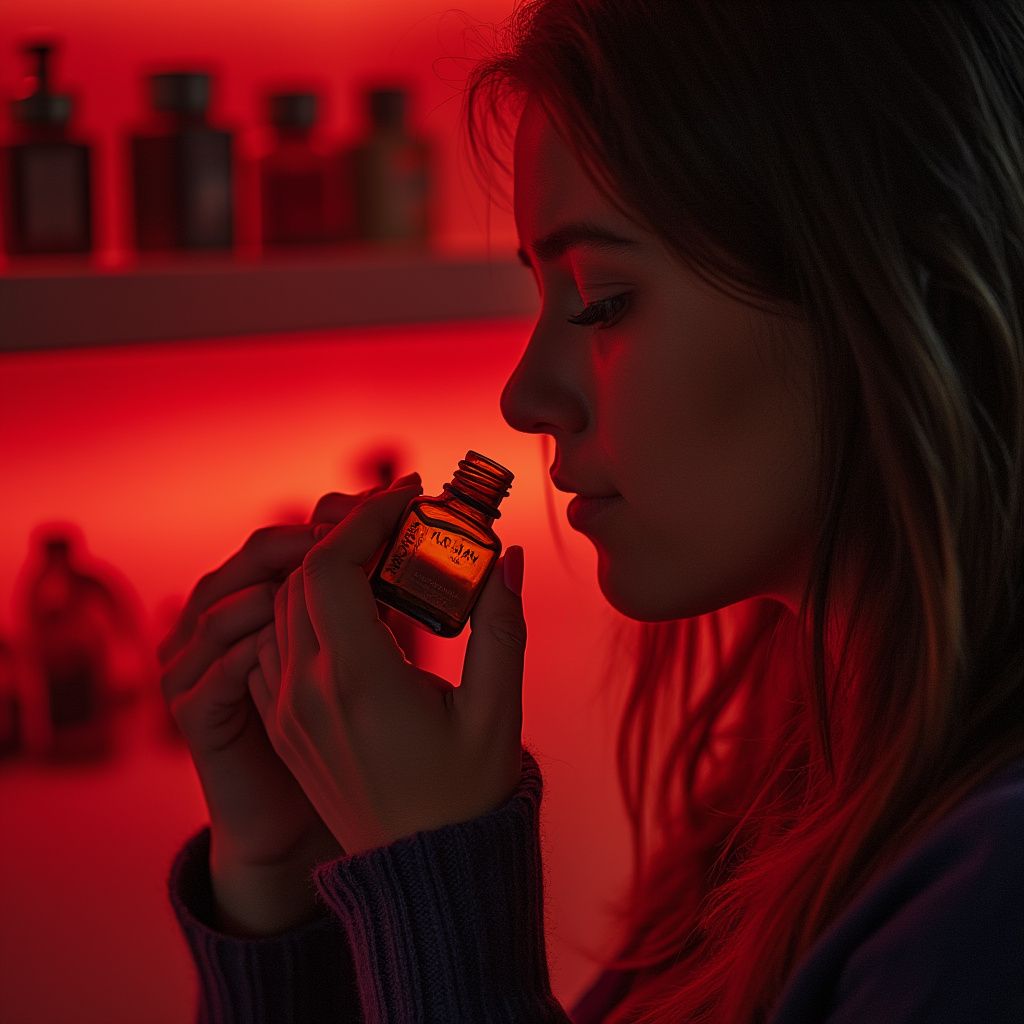
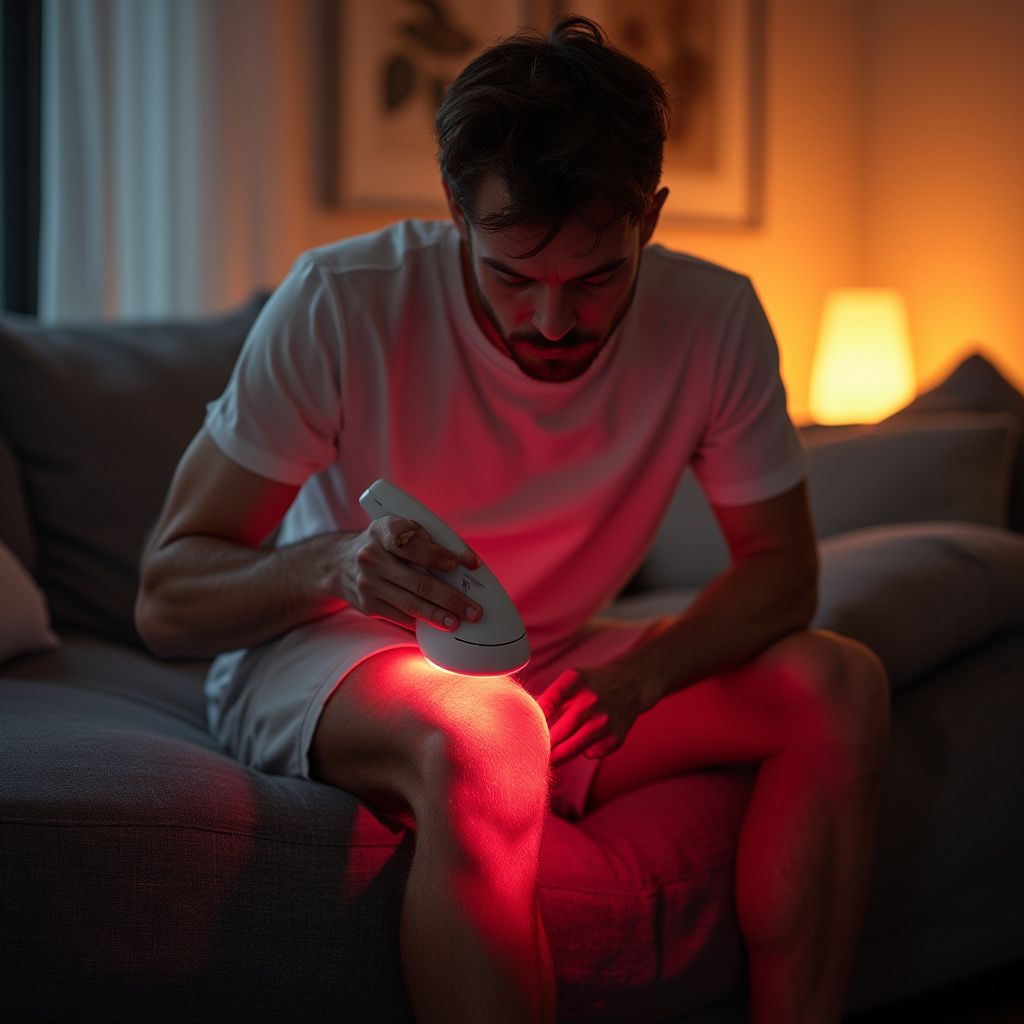

Leave a comment
This site is protected by hCaptcha and the hCaptcha Privacy Policy and Terms of Service apply.